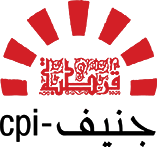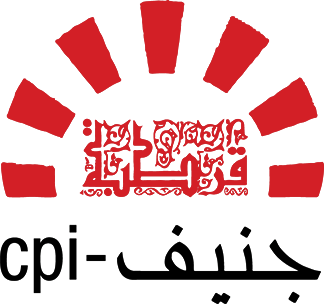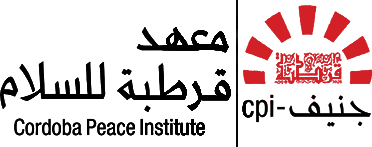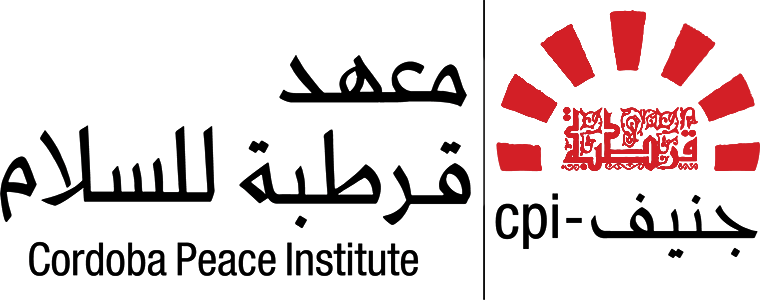Danish “Faces of Mohammed” Cartoons Crisis: Mediating Between Two Worlds
In early 2006 the Cordoba Foundation was asked by some of its partners to attempt mediation between the Danes and the Muslims during the cartoon crisis. The Foundation approached the Danish authorities (Ministry of Foreign Affairs, Mission in Geneva) as well as a number of transnational Muslim organizations with big influence on the civil societies, representing both Sunni and Shiite schools. The Danish authorities and several Muslim NGOs accepted the offer of mediation and agreed to send delegations for a first contact and exchange meeting in Geneva, planned for 13 February 2006, at the offices of the Cordoba Foundation. The Danish Ministry of Foreign Affairs appointed a 3-member delegation representing the political, scientific and religious authorities, headed by a Muslim Dane, Ambassador Wøhlers Ole Olsen. The delegation of the Muslim World was mandated by the Global Anti-aggression Campaign, the International Committee of Support of the Final Prophet and the Union of Muslim Scholars, chaired by one of the most respected scholar in the Muslim world, Sheikh Yusuf al Qaradawi, among other NGOs.
The Geneva meeting of 13 February 2006 lasted four hours and the discussions were frank and friendly. At its request, the Danish delegation was assisted by a Muslim adviser, Prof. Tarik Ramadan, and the Muslim delegation by a Scandinavian one, Prof. Johan Galtung. This contributed a lot in confidence building and helped assuring a fluid ex-change.
After the presentations and a brief description of the situation and the main phases of the crisis, the Danish delegation explained the social and political context in which the publication of cartoons took place: the effect of globalization, a feeling of loss of identity, the sense of isolation and loss of influence and the sense of insecurity, and also that the voice of ordinary Danish Citizens was not sufficiently articulated. They acknowledged that the Danish Prime Minister erred by refusing to receive the delegation of Arab ambassadors, which lead to the escalation.
The Muslim delegation said that the situation in the Muslim world is characterized by intense popular widespread anger, with the feeling that the honour and sanctities of Muslims are trampled on. Although there is a determination to continue the boycott of Danish products, the majority of Muslims favours dialogue and finding a solution that rehabilitates and prevents the repetition of such behaviour.
The consequences of the crisis on the Muslim/Western relations were evoked, as well as the negative impact on Muslim minorities in Denmark and Christian minorities in the Muslim world. The delegations agreed that the crisis must be handled, not by governments alone, but by all segments of society. At the end of the meeting, the Muslim delegation submitted a list of demands to the Danish delegation for the Danish Government, and Ambassador Olsen said he would examine them at the ministry of Foreign affairs.
The Geneva meeting was successful, given the quality of the exchange that took place. At the end of the meeting the two delegations agreed on the need to organize as soon as possible a second meeting enlarged to include a wider spectrum of personalities.






